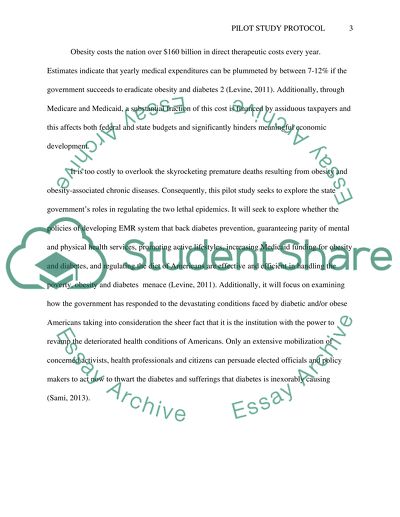Cite this document
(“PILOT STUDY PROTOCOL ON POLICY THAT PROMOTE OR FACILITATE OBESITY AND Coursework”, n.d.)
PILOT STUDY PROTOCOL ON POLICY THAT PROMOTE OR FACILITATE OBESITY AND Coursework. Retrieved from https://studentshare.org/miscellaneous/1659749-pilot-study-protocol-on-policy-that-promote-or-facilitate-obesity-and-poverty-with-its-associated-disease-diabetes-2
PILOT STUDY PROTOCOL ON POLICY THAT PROMOTE OR FACILITATE OBESITY AND Coursework. Retrieved from https://studentshare.org/miscellaneous/1659749-pilot-study-protocol-on-policy-that-promote-or-facilitate-obesity-and-poverty-with-its-associated-disease-diabetes-2
(PILOT STUDY PROTOCOL ON POLICY THAT PROMOTE OR FACILITATE OBESITY AND Coursework)
PILOT STUDY PROTOCOL ON POLICY THAT PROMOTE OR FACILITATE OBESITY AND Coursework. https://studentshare.org/miscellaneous/1659749-pilot-study-protocol-on-policy-that-promote-or-facilitate-obesity-and-poverty-with-its-associated-disease-diabetes-2.
PILOT STUDY PROTOCOL ON POLICY THAT PROMOTE OR FACILITATE OBESITY AND Coursework. https://studentshare.org/miscellaneous/1659749-pilot-study-protocol-on-policy-that-promote-or-facilitate-obesity-and-poverty-with-its-associated-disease-diabetes-2.
“PILOT STUDY PROTOCOL ON POLICY THAT PROMOTE OR FACILITATE OBESITY AND Coursework”, n.d. https://studentshare.org/miscellaneous/1659749-pilot-study-protocol-on-policy-that-promote-or-facilitate-obesity-and-poverty-with-its-associated-disease-diabetes-2.


